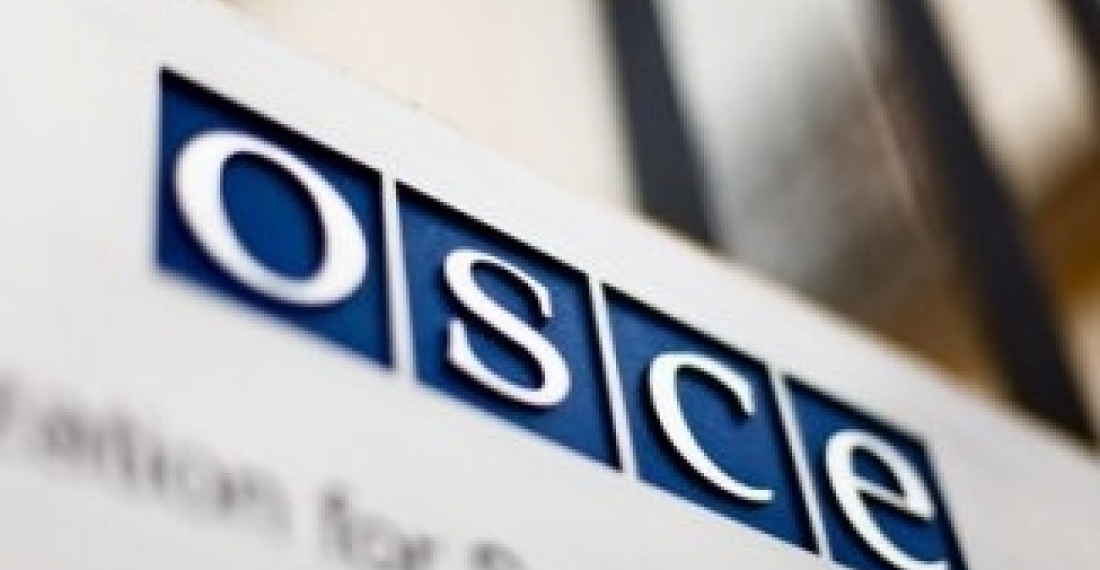Yerevan, November 26. ArmInfo.
The OSCE Minsk Group Co-Chairs have released a joint statement, the OSCE press service reports.
The Co-Chairs of the OSCE Minsk Group (Ambassadors Robert Bradtke of the United States of America, Igor Popov of the Russian Federation, and Jacques Faure of France) and the Personal Representative of the OSCE Chairperson-in- Office, Ambassador Andrzej Kasprzyk, traveled to the region November 19 to 26 to continue their efforts to assist the parties in finding a peaceful solution to the Nagorno-Karabakh conflict.
"In Yerevan, the Co-Chairs met on November 23 with President Sargsian and Foreign Minister Nalbandian, and in Baku, on November 26, they met with President Aliyev and Foreign Minister Mammadyarov. In Nagorno-Karabakh on November 21-22 they met with de facto authorities. In traveling to Nagorno- Karabakh on November 21, the Co-Chairs visited Zangilan and Jabrail regions to assess developments in those territories since their last visit in October 2010.
The Co-Chairs reviewed with Presidents Sargsian and Aliyev the results of the separate meetings they held with Foreign Ministers Nalbandian and Mammadyarov in August and September, and discussed the ideas on the continuation of the peace process that they had presented to the Ministers in their joint meeting on October 27. The sides agreed to carry out further work on the level of the Foreign Ministers.
The Co-Chairs expressed appreciation to Ambassador Kasprzyk and his team for their work in monitoring the ceasefire during this difficult period and for facilitating this trip to the region, particularly the travel to Zangilan and Jabrail regions", the statement says.







